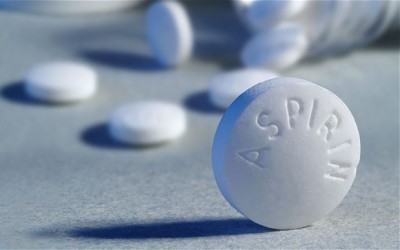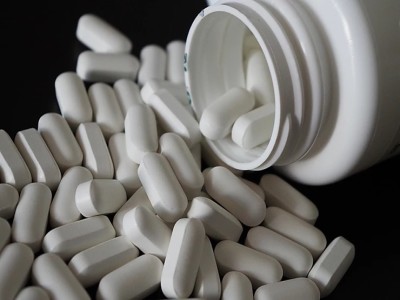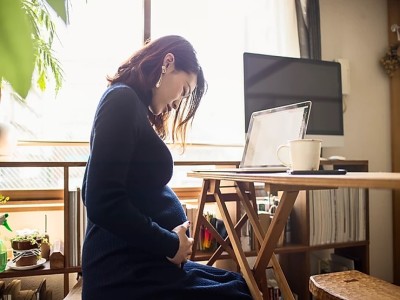
Ask an Expert

Researchers have found several maternal nutritional and dietary factors that may increase or decrease the risk of developing preeclampsia, though the association between the two is complex.

An association between low levels of B12 in the bloodstream during pregnancy and an increased risk for preeclampsia exists; however, research results suggest that low levels of B12 are associated with preeclampsia because of shared metabolic pathways...

Low dose aspirin is prescribed in pregnancy to prevent preeclampsia, but some women may experience a condition known as aspirin resistance, in which case aspirin treatment is not effective.

Is there a link between progesterone usage and preeclampsia? Science writer Caryn Rogers weighs in on what the research shows.

Women with polycystic kidney disease (PKD) are at higher risk of all forms of preeclampsia.

There are some reasons to think metformin, used differently from how it is used in polycystic ovarian syndrome (PCOS) or diabetes, might lower risk of preeclampsia, and other reasons to think it might not have much effect.

The largest meta-analysis of this question to date included almost 5 million women and found no differences in the rate of preeclampsia when women with celiac disease were compared to women without it.

The connection between Factor V Leiden deficiency and HELLP syndrome is unclear.

There is a known relationship between levels of vitamin D in the maternal bloodstream and preeclampsia. When pregnancy levels have been measured, women with higher levels develop preeclampsia less often than women with lower levels.

Researchers have wondered about the thyroid antibodies/preeclampsia relationship too, but the more it has been studied the less likely it seems. The idea, roughly, is that since thyroid disorders are known to raise risk of miscarriage and preterm bir...

Hyperemesis gravidarum (HG), is severe and persistent nausea and vomiting in pregnancy that, unlike morning sickness, can last until delivery. It is not well understood, but does seem to be related somehow to preeclampsia.

Women with sleep apnea are known to be at higher risk of chronic hypertension, which raises the risk for preeclampsia, and are at higher risk of preeclampsia, even if they are not chronic hypertensives.
